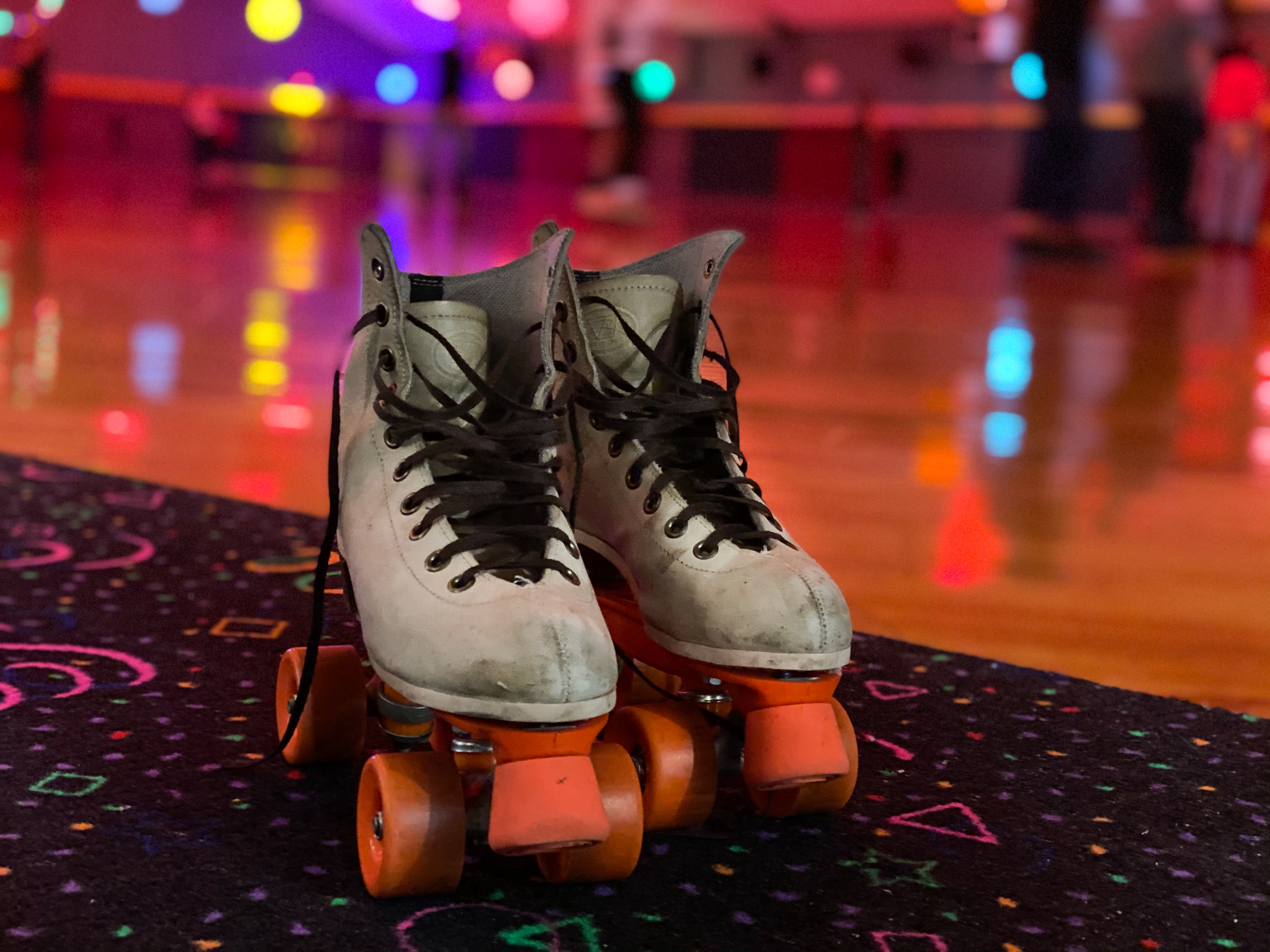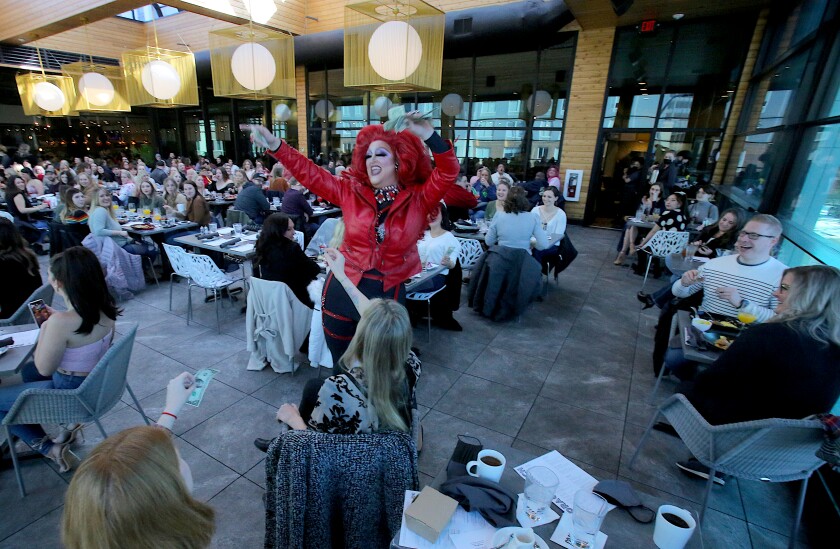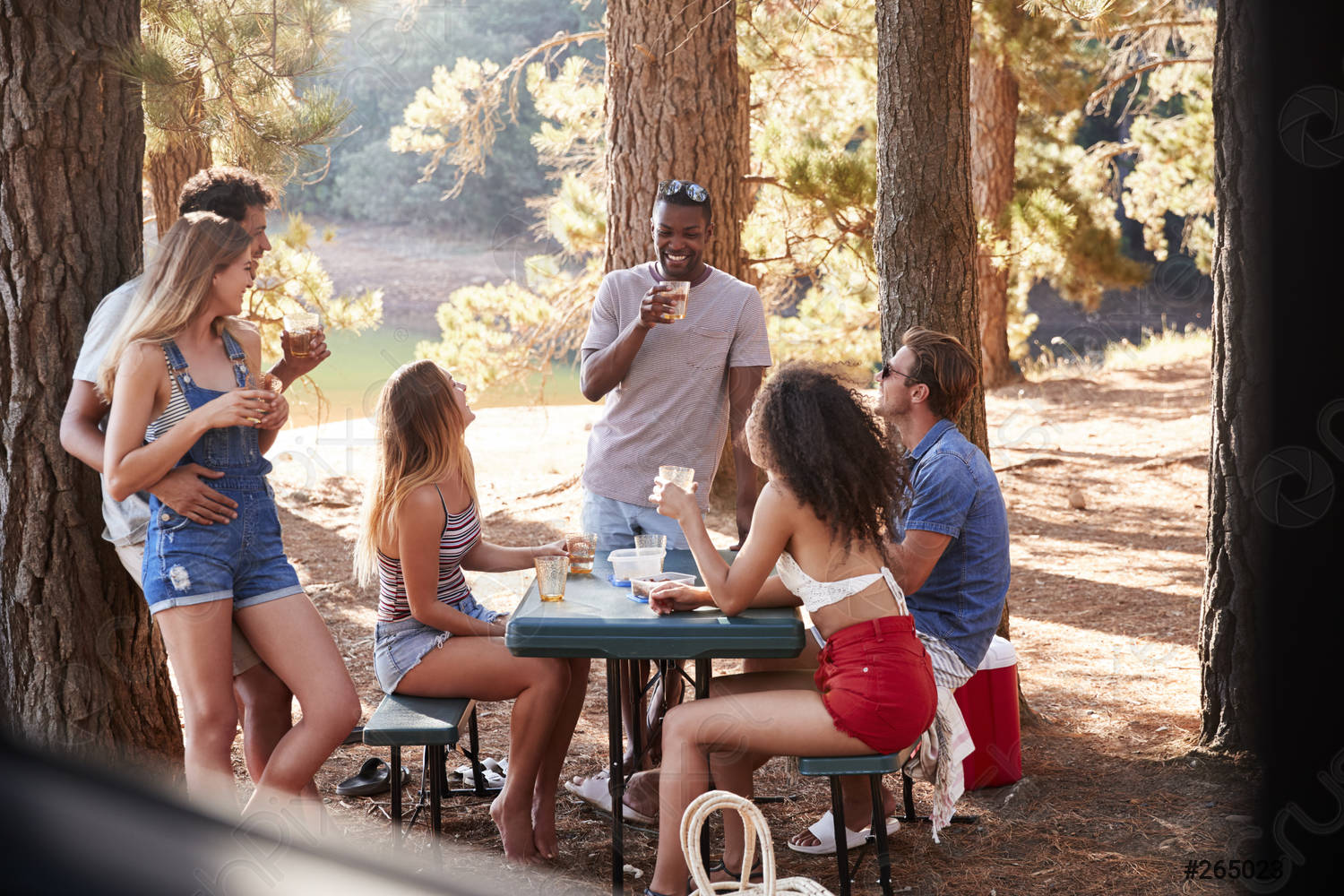I discovered a new weekend way to grow in an activity I loved as a child
By Dilame Lindmeier
When I was around 9 years old, I saw a girl skating down the trail near my house. She looked so free as if she was having so much fun. She wore neon pink tights with a skirt and a long sleeve with Hello Kitty on it. Her thin blonde hair, which was in two French braids, was swinging side to side as she glided through the trail with a big smile.
After I saw that girl skating past my house, I begged my parents for a pair of pink rollerblades for my birthday. I wanted to host my birthday party at the skating rink so all my friends could get into it. Sure enough, my dreams became my reality. I got my beautiful sparkly rollerblades, and for the next five years or so, I just couldn’t get enough. I loved gathering with my friends and dancing the evening away at the skating rink, listening to the DJ’s curated playlist, and watching the disco ball spin around with its beautiful hues.
I remember feeling like flying and so free like I was a million miles away from my troubles in the protective, colorful rink with pretty lights. I was skating with my arms outstretched like a plane for a few laps, just weeping at the beauty of the gliding feeling, how precious life is, and how deeply I experience it.
It was the divine union of running, dancing, and skateboarding.
Years later, when I was in college, I saw the movie Xanadu, and it reminded me how much I enjoyed rollerblading as a child. I wanted to pick it up again.
As an adult, this activity has become to represent something different in my life. It’s an activity I can do when I’m bored, anxious, sad, or restless. It’s a way I can prove to myself that I can do things that are hard and scary and new. It’s an opportunity for me to feel proud of myself as I navigate adulthood for the first time alone.
But like my younger self, I still like to go fast. I’m not too interested in tricks or jumps or anything, just going fast. The rush of the wind in my face is intoxicating, figuratively of course. I don’t skate drunk. It is the satisfaction and euphoria of pushing myself to speed that I truly crave.
When I rollerblade, I feel as I did when I was a kid. I feel like an athlete again.
Plus, my roommates wanted to join in on the fun. We go once a month now and it’s been a great way to bond and relax. We all shared the same nostalgic memories of what we could do back in our prime.
Abandonment trauma, fear of the future, and nostalgia brought me back to skating. Because skating is so challenging, enjoyable, and empowering, skating brings me new life. Every tiny skill is ALL on me to improve. Any mistake is MY fault, which helps me turn my focus on self-improvement. I have made actualization strides I didn’t know existed in my previous selves. I now use any source in my life as fuel for my self-improvement machine, usually analyzing, interpreting, and adjusting behaviors, emotions, and thoughts, learning more about myself and the world.
I still make discoveries almost every day and continue to be a changed person. My personal growth rate has skyrocketed. I got back into skating with the intent of just feeling the movement and myself. What I have found, though, is that it helps me experience the world through a different window as I flow through the enchanting dance floor.



